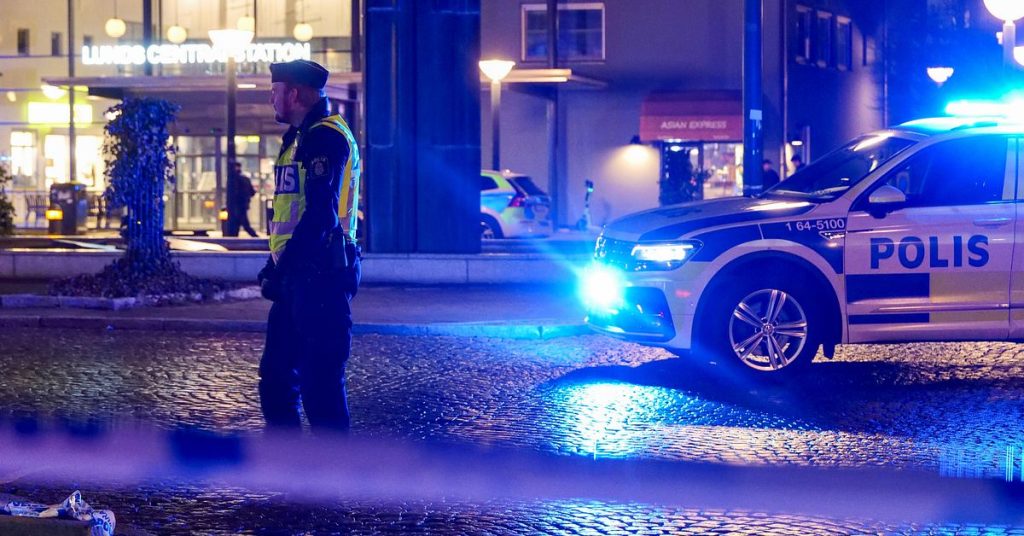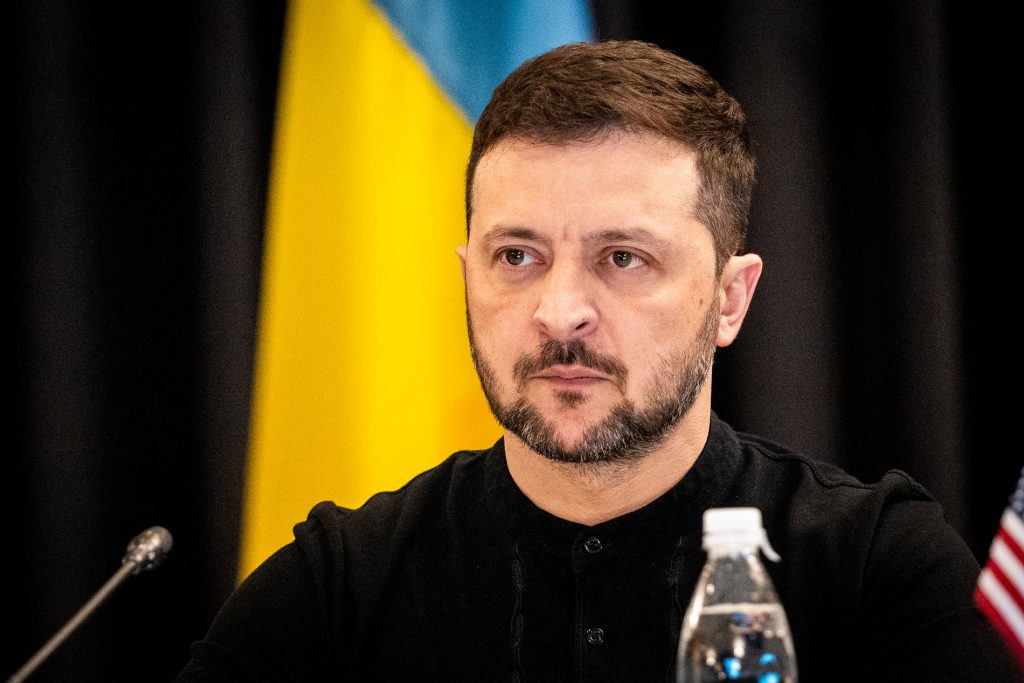Papuşa Ciuraru, a survivor of a genocide and the terrorist attack on Drottninggatan, has passed away at the age of 89. Papuşa lived as a beggar on the streets of Stockholm and came to Sweden seven years ago at the age of 83. She was interviewed by Aftonbladet in 2017 while begging outside Kungshallen at Hötorget in central Stockholm. Papuşa had returned to Romania during the pandemic and passed away there. She had a close friendship with Monica from the Home Association, who described her as a warm and humorous person despite all that she had been through. Papuşa grew up in northwest Romania and was forced to endure a death march during World War II. She survived and resettled in a poorer area, where she slept on the ground and survived by stealing potatoes and beets. Only Papuşa and two of her sisters survived out of their seven siblings. She was never allowed to attend school because she was a Roma in Romania. Her motivation in life was to create a better life for her nine children and thirty grandchildren. Papuşa was injured in the terrorist attack on Drottninggatan in April 2017 when Rakhmat Akilov drove a truck into the pedestrian street. During Akilov’s trial, Papuşa confronted him, asking if he had no shame and no mother or grandmother. She underwent emergency surgery in Sweden after the attack but was not entitled to any aftercare. Papuşa wanted to break the Roma community’s social exclusion. She passed away without a burial place, as the plot she had purchased was given to one of her deceased children. Papuşa’s dream was to learn how to write, and she took a course at a folk high school with other Roma who had not received an education. She eventually learned how to write her own name, as before, she could only make a cross as her signature. The Home Association is fundraising for Papuşa’s burial expenses, as she did not have a place to be buried.
Featured articles

Man skadad i skottlossning i Lund
Redaktionen

Misstänkt för skott i Lund gripen
Redaktionen
